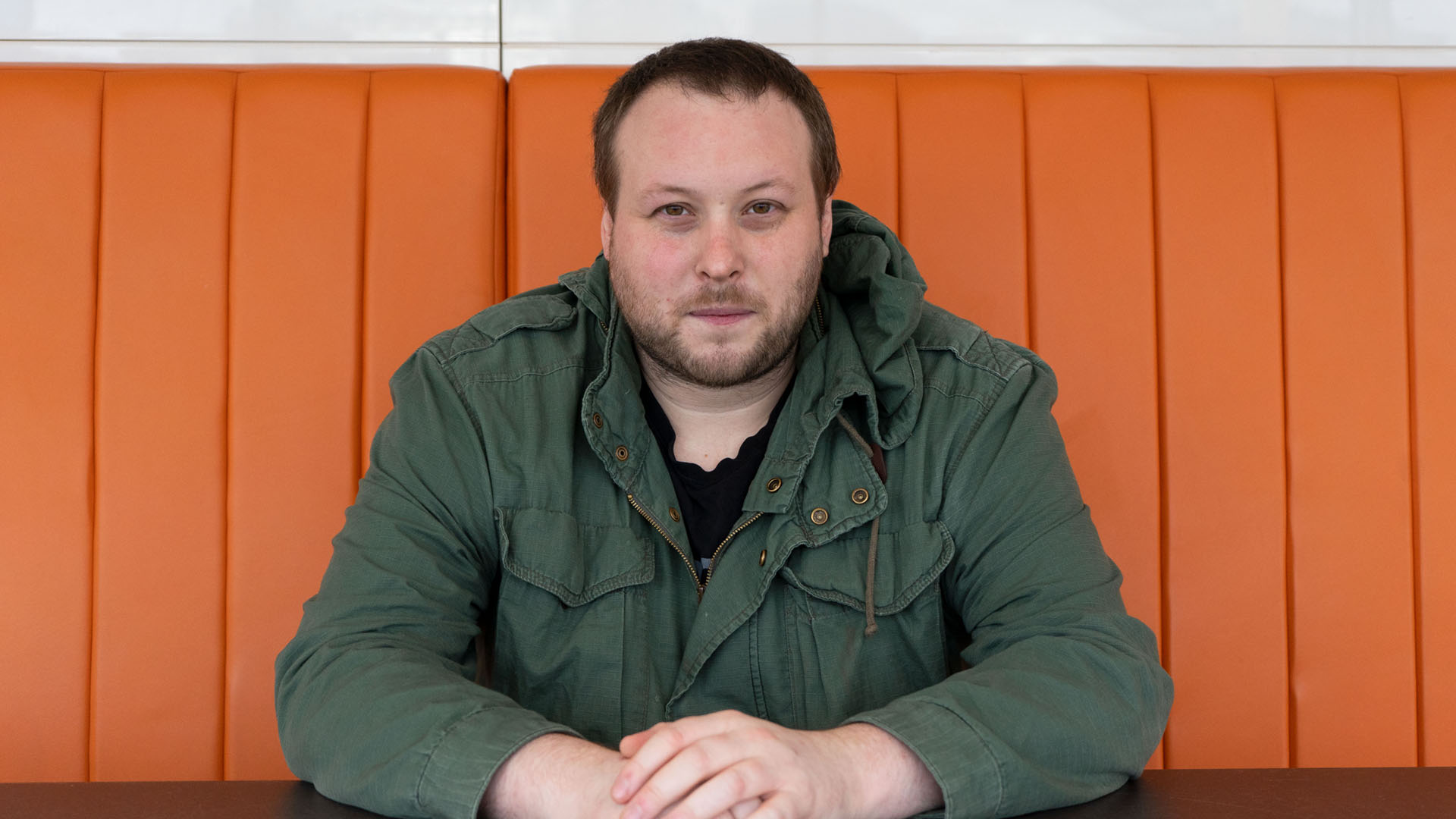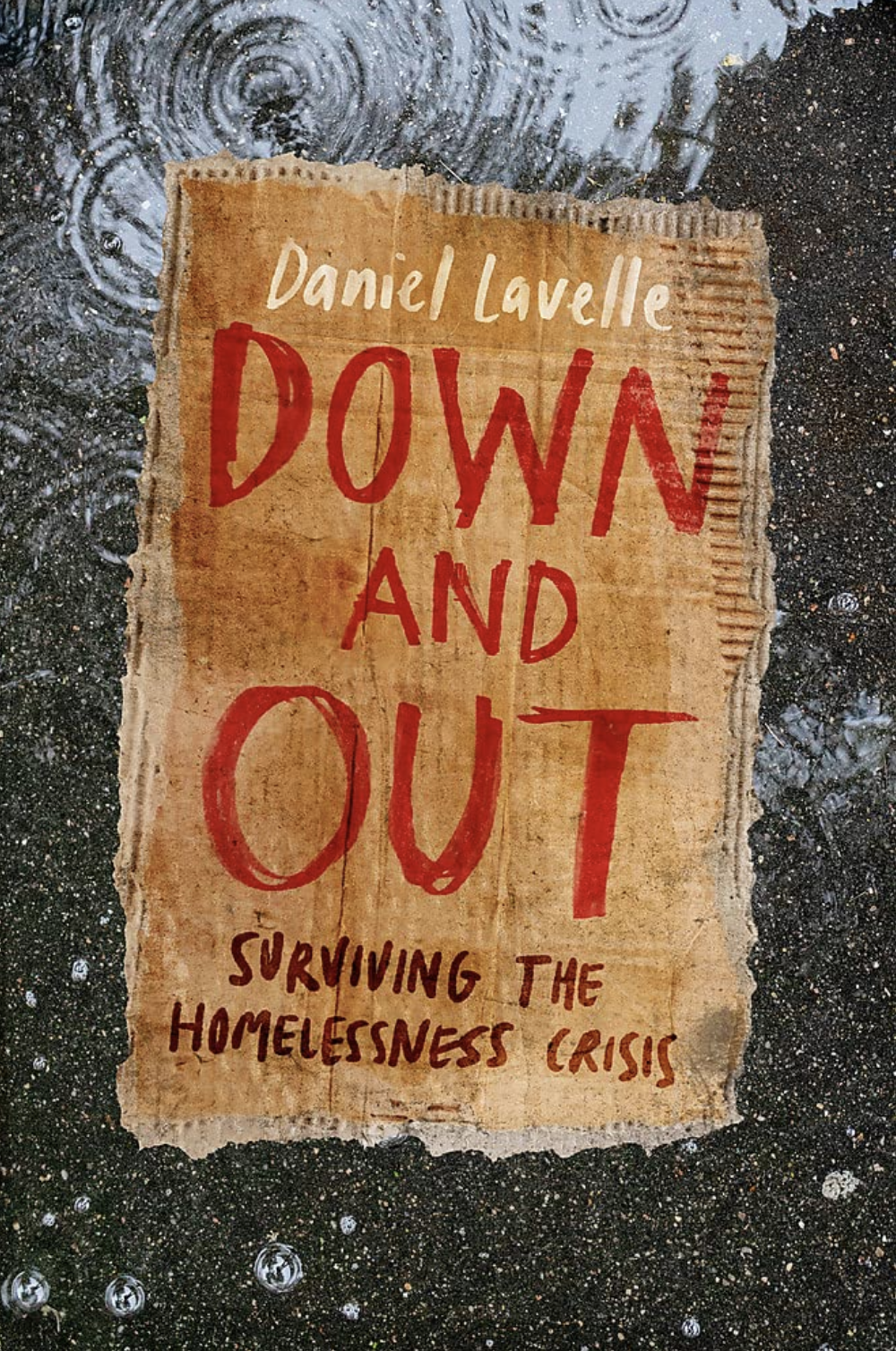Louis (not his real name), 18, was perched on a leather couch. He had a pale baby face topped with messy black hair; the rest of him was hidden underneath baggy sports gear. I would’ve believed you if you’d told me he was 14. I spoke to Louis in 2020. Over a year earlier in February 2019, a week before his 18th birthday, he was forced to leave his parents’ home after a scuffle with a family member.
Louis had been diagnosed with ADHD when he was young and had left school with no qualifications and as many job prospects. After his mum kicked him out, he visited Oldham’s Civic Centre to seek help with his housing, where he participated in Pauper Idol – officially known as a homelessness application. Louis’ audition wasn’t good enough for the judges.
“I told them my situation, and they basically said to me, ‘[You’re] not a priority.’ And they wanted to know what bus stop I was staying at, and they were going to take pictures of me for three nights in a row staying there,” Louis explained. He didn’t know if the council came to photograph him, as he didn’t stay in one place during his time on the street. He moved around, roughing it on a roundabout outside Oldham town centre, in a field and on friends’ sofas.
Louis eventually approached his aunt for help, and she housed him throughout the lockdown. He contributed £200 a month from his Universal Credit to her. But his aunt was pregnant, and Louis had to leave when she was about to give birth. He went into temporary accommodation and accessed Night Stop, emergency overnight accommodation provided by volunteers who host young rough sleepers in their homes, until finding more permanent lodgings in a hostel.
In response to Louis’ claims about being told to pose for pictures at his bus stop, an Oldham Council spokesperson said: “We do not comment on individual cases. However, we can confirm that this is not Oldham’s [sic] Council’s response to a young person presenting as homeless. There are a number of protocols in place to ensure that we are compliant and provide the best possible customer service. We do not take photographs of anyone sleeping rough – we are here to support anyone in Oldham that finds themselves homeless or at risk of homelessness.”
I was in two minds about Louis’ story. Claiming that a council told you to pose for photographs at a bus stop to prove your homelessness is just the kind of thing that a mixed-up adolescent would make up. However, when looking back at my own experiences of homelessness, it didn’t seem that far-fetched.










